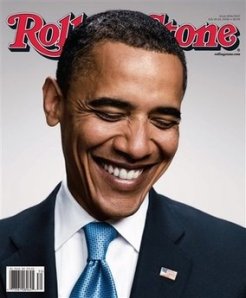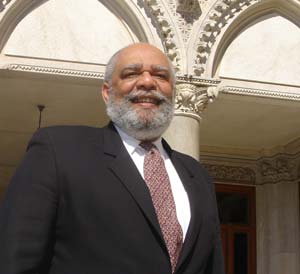Maxim/Business Round Table nails it… and the implications for drug policy are?
Curiously Robert Sirico’s visit follows MAXIM’s hosting of eminent kiwi Law Professor Jeremy Waldron.
I particularly admire Waldron’s discourse on disproportionate punishment, a matter highly relevant to international drug policy especially where the death penalty is applied. Seemingly the principle is forgotten when New Zealand Judges send medpot users ‘down’ for 5 months ‘jail time’ for possessing a couple of grams of weed ‘just because they still growing’. /Blair
Listen to Waldron on “Parliamentary Recklessness”
(snip) At a lecture, co-hosted by Maxim Institute and the [NZ] Business Roundtable, Father Robert Sirico (President of the US-based Acton Institute) discussed the role of social justice in a free society.
At a lecture, co-hosted by Maxim Institute and the [NZ] Business Roundtable, Father Robert Sirico (President of the US-based Acton Institute) discussed the role of social justice in a free society.
“Do we know who we are? I think that has to be the beginning question with regard to statism and social justice. I think we have to begin with the question of anthropology, if for no other reason than two facts: first, the human person is prior to the state. If we’re going to understand what statism is, what the state is, we have to understand first that the human person is prior to the political arrangement. And the second fact that we have to keep in mind is that the state exists for man, and not man for the state.”
By statism, I mean the presupposition that when confronted with human and social needs, the resort of first resort is the central government. That’s what I take by statism. By social justice, I take my definition from the Catholic Catechism (though I believe the definition is broadly accessible to believers and non-believers alike) and so I quote: “Society ensures social justice by providing the conditions that allow associations and individuals to obtain their due.”
“We ask the question of who we are with a sense of wonder. The very fact that we can wonder is itself an indication of our dignity: human beings have the ability to self reflect. We have the capacity of not merely to know, but to know that we know—and that there exists that which exceeds our knowledge. This capacity for transcendence takes place from within the reality of our corporal / physical dimension, which is the first and most obvious thing we know about ourselves and we see in others; that we are physical, we are material. We are located in time and space, but somehow sense that we are more than things. We are made up of a biological reality, to be sure, but we are not defined by that. We relate to the material world, and depend upon it, yet we do not ultimately discover our meaning from it … because we transcend our material reality.”
(end snip)
see: Statism vs Social Justice
Listen to “Statism vs Social Justice”
There is also an interview with Father Sirico in the New Zealand Herald
Blair Anderson
http://mildgreens.blogspot.com









